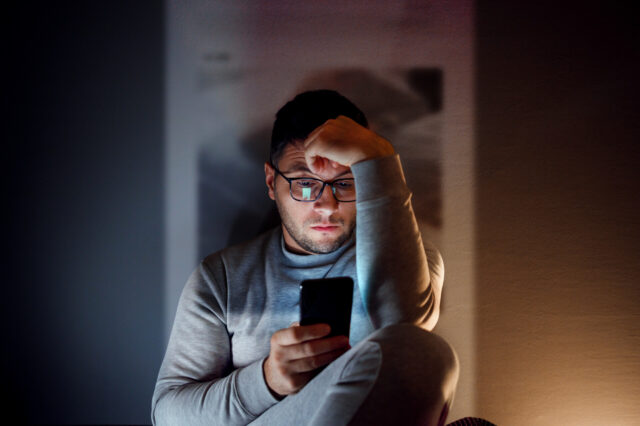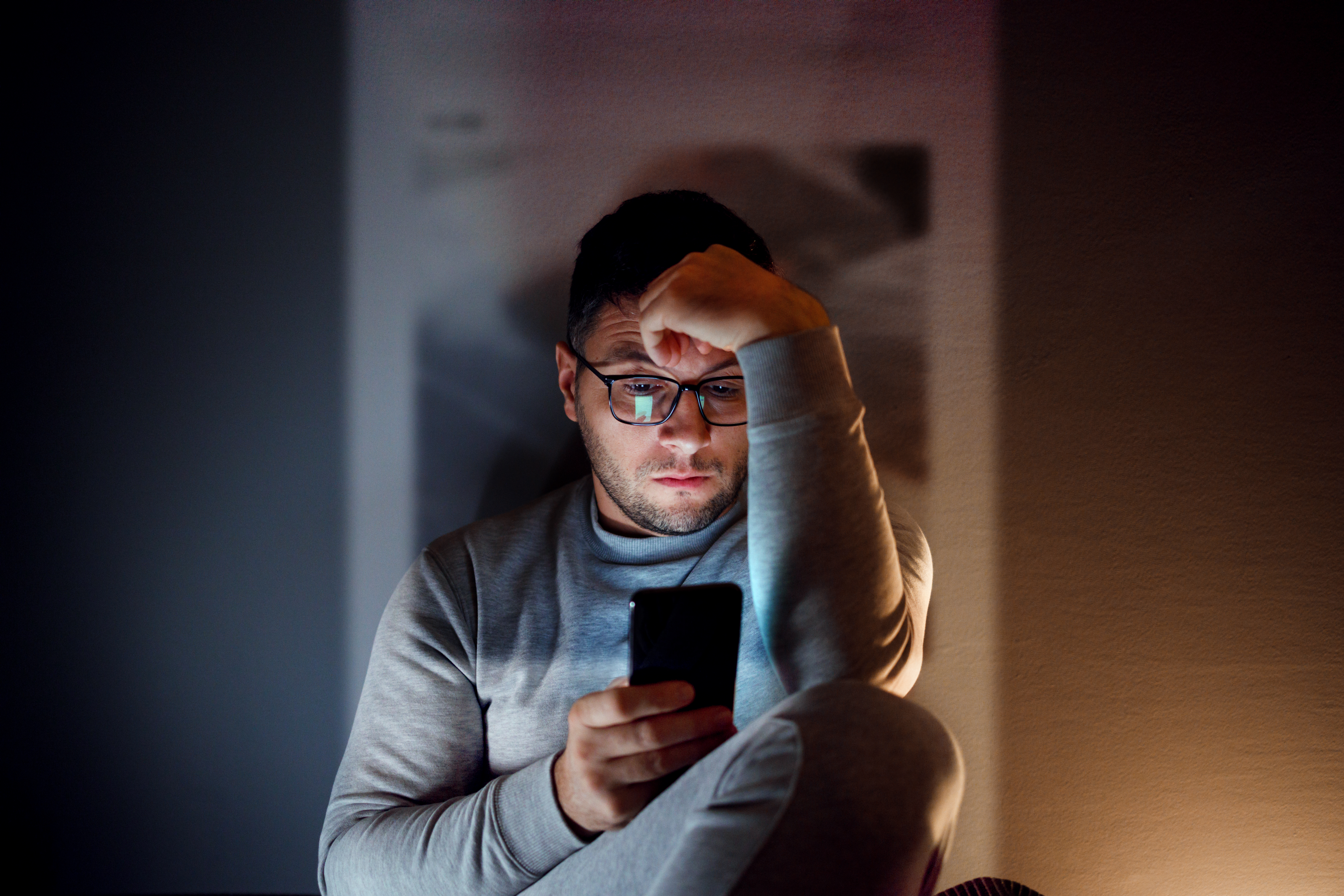Considerations From Experts This Mental Health Awareness Month

May is Mental Health Awareness Month, and a trending topic among researchers has been the relationship between social media and mental health. Research has shown that smartphones connected to social media take a toll on the mental health of teenagers and college students by increasing anxiety and depression. A University of Florida psychiatrist says there are ways to limit negative exposure and build their self-care safeguards while staying engaged.
Dr. Marcia Morris, associate professor in the Department of Psychiatry and associate program director for UF’s Student Health Psychiatry, has found that many young people are becoming increasingly aware of the negative effects of smartphones and social media on their mental health.

“In the college students for whom I provide psychiatric treatment, I see students benefiting when they reduce excessive social media use,” said Dr. Morris, author of "The Campus Cure: A Parent's Guide to Mental Health and Wellness for College Students."
"One student lost access to their phone for a few days and noticed a reduction in their symptoms of depression and anxiety. They spoke with friends and did hobbies rather than scroll through their phone in the evenings," Dr. Morris said.
Dr. Morris has cared for college students for more than 20 years and advises that taking a social media break can be a significant way to protect one’s mental health and build resilience. She cites a study published in the Journal of Social and Clinical Psychology that showed students who spent 30 minutes or less per day on social media (Facebook, Instagram, and Snapchat) experienced a decrease in depressive symptoms and loneliness over time.
There is a generation of young people who are attempting to redefine what it means to be connected. Taking social media breaks from technology, turning off notifications, and even using a flip phone are ways they are prioritizing their mental health.
Undoubtedly, social media can be a powerful tool for fostering connections, accessing resources, promoting creativity, and facilitating self-expression. However, it is important to address the potential negative effects of prolonged usage, such as feelings of isolation or the development of negative emotions.
Dr. Benjamin Johnson, interim director of UF’s STEM Translational Communication Center and an editor of Media Psychology, said being aware of a person’s habits will also help support good mental health and well-being, rather than detract from it.
“People need to be self-aware of their routines,” said Johnson, who has written more than 45 peer-reviewed publications related to social media and psychology. “We start routines because they gave us some kind of reward and they made us happy. “But, if we have the capacity to reflect on what we're doing, what our habits are, we can make better choices because sometimes habits become dysfunctional, and that's often the case with media.”
While the engagement is satisfying initially, it has the potential to render unwanted side effects.
“It's not the device, it's what's on it,” Johnson reminded. “If you have people that make you happy, people that make you feel supported in your newsfeed, where you're learning in your newsfeed, that's different than people that are making you feel terrible about yourself, or people that are infuriating you or people that make you feel inadequate. So, the content is very important.”
The relationship between social media and mental health is not all negative. Many teenagers can experience positive mental health benefits from technology, including social media. Through social media, they connect with friends more frequently and can have a sense of belonging.
One of the most positive impacts of technology in general on mental health is the use of 988, the new and easy-to-remember number for calling or texting the Suicide and Crisis Lifeline. Another positive technological development is the use of telehealth for therapy and psychiatry appointments, making mental health care more accessible.
Mental Health Awareness Month is observed nationally and was started by the Mental Health America organization in 1949 to promote mental health as a critical part of overall wellness. The organization shares information about how an individual’s environment impacts their mental health, suggestions for making changes to improve and maintain mental well-being, and how to seek help for mental health challenges.
How can we encourage teenagers to develop healthy habits around social media use, and what role can technology play in promoting positive mental health outcomes?
Dr. Marcia Morris, board certified by the American Board of Psychiatry and Neurology said, "I would encourage parents to ask their children and teens to develop these habits:"
- Question what you read and see on social media. Don’t believe everything.
- Don’t post anything you would be embarrassed for the whole world to see. What you post is permanent.
- Limit social media use to 30 minutes or less per day.
- Report to your parents any bullying or stalking.
- Share your passwords with your parents, so they can monitor your use. They may not look at everything, but they should periodically check.